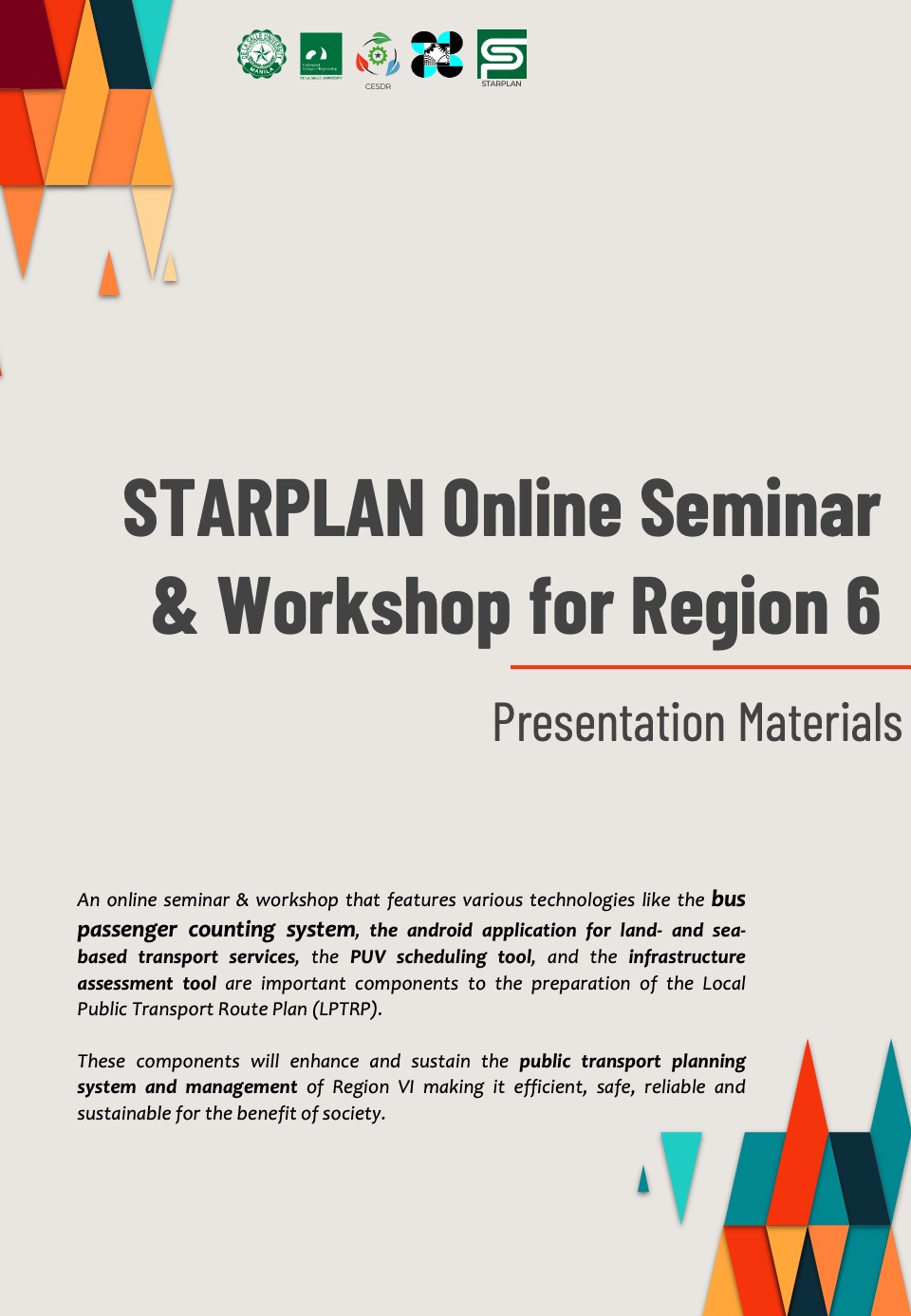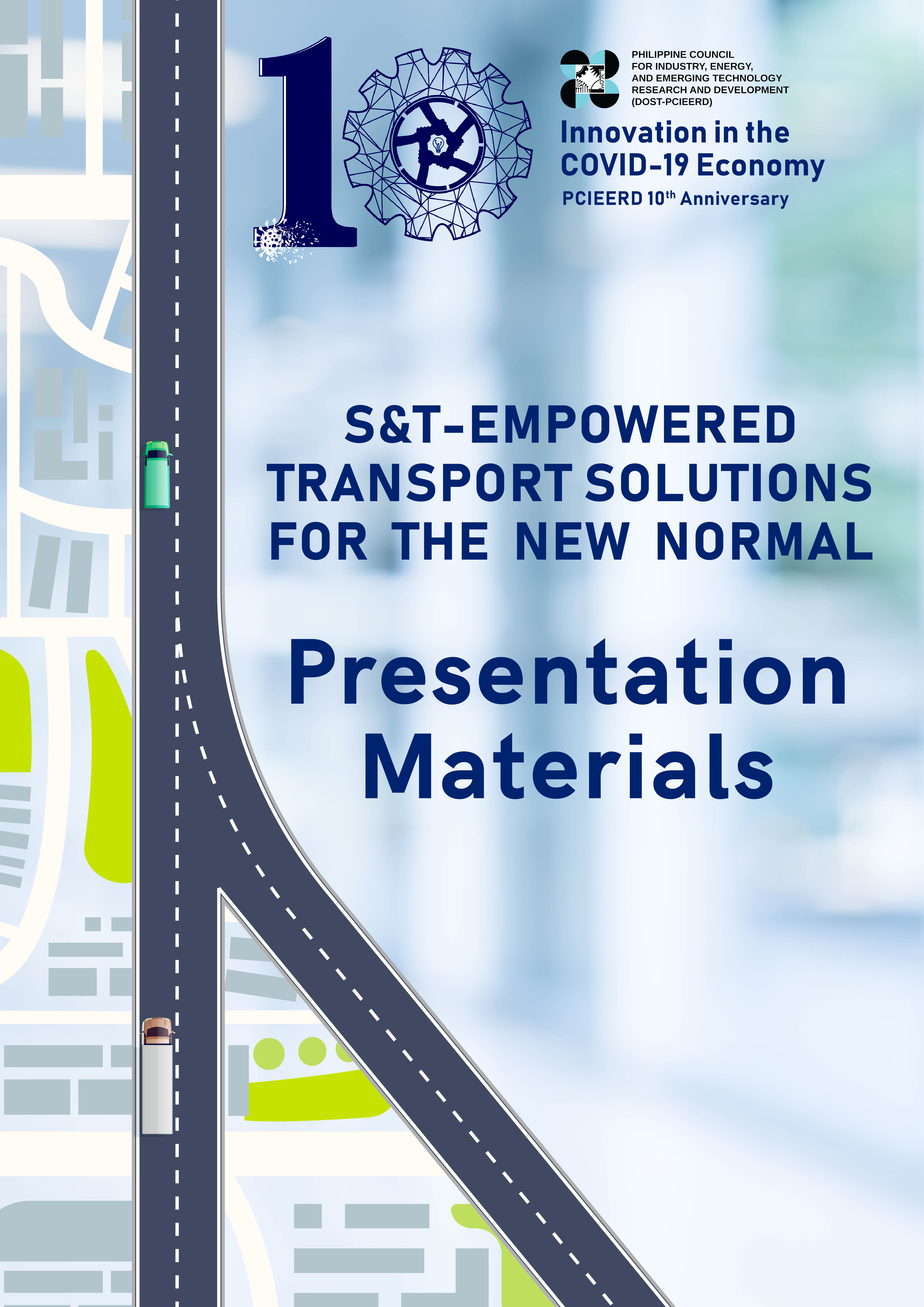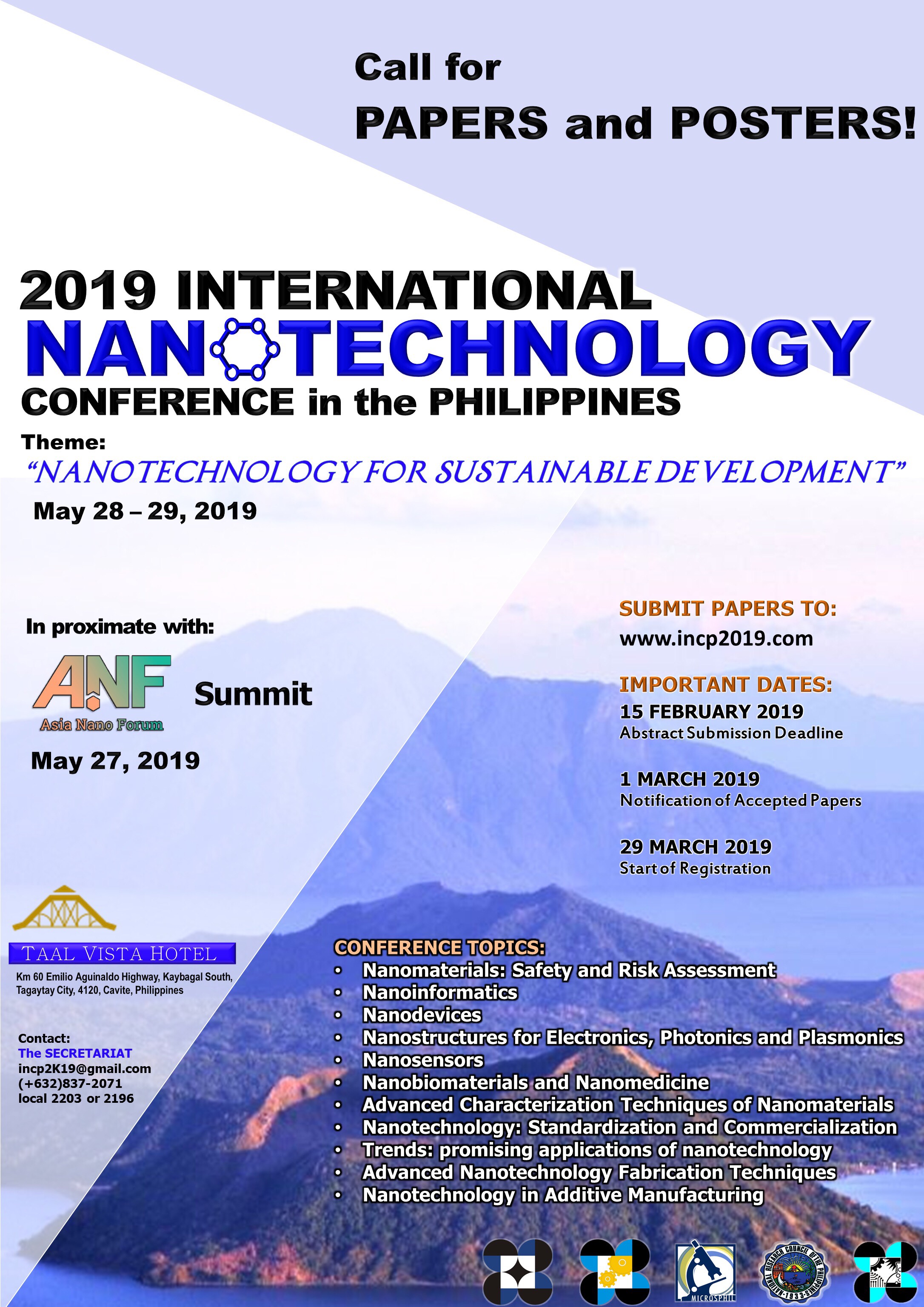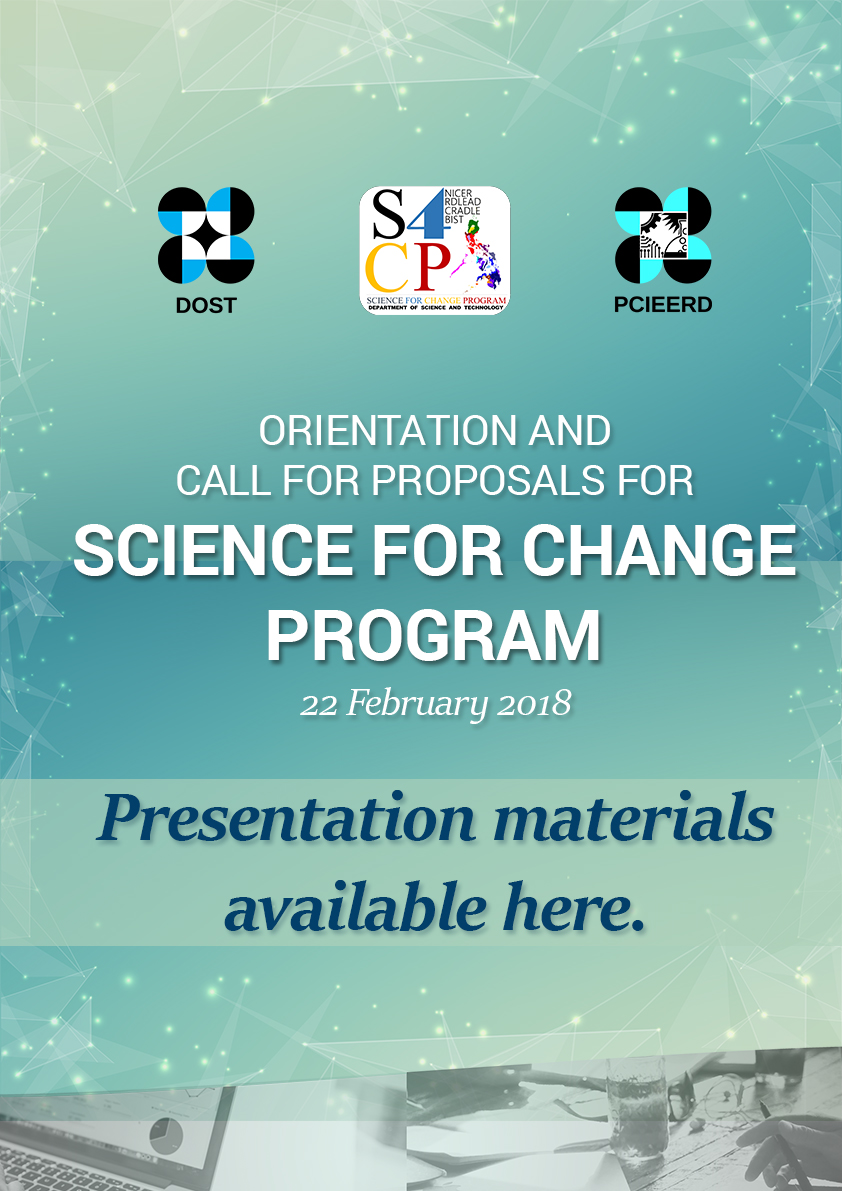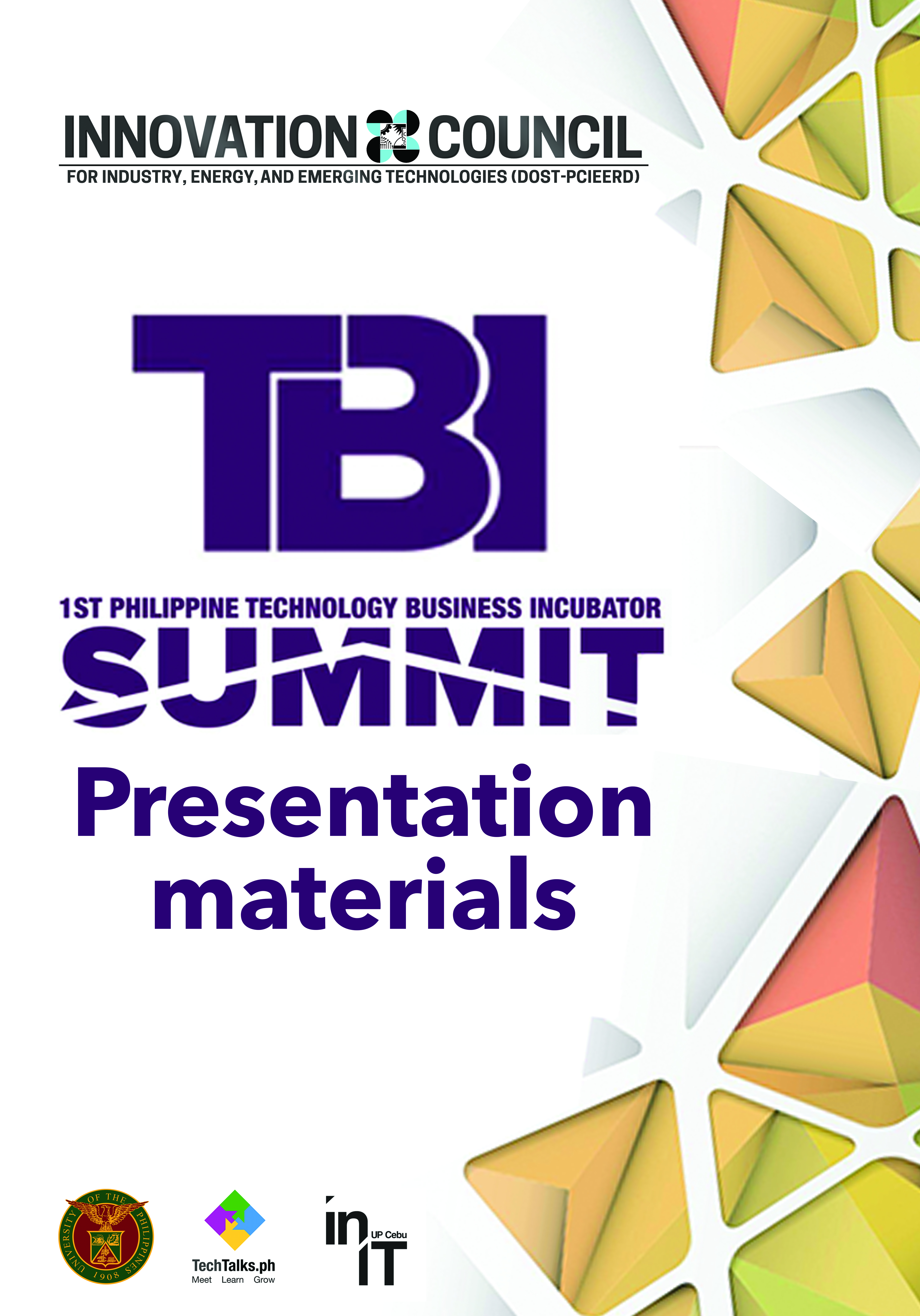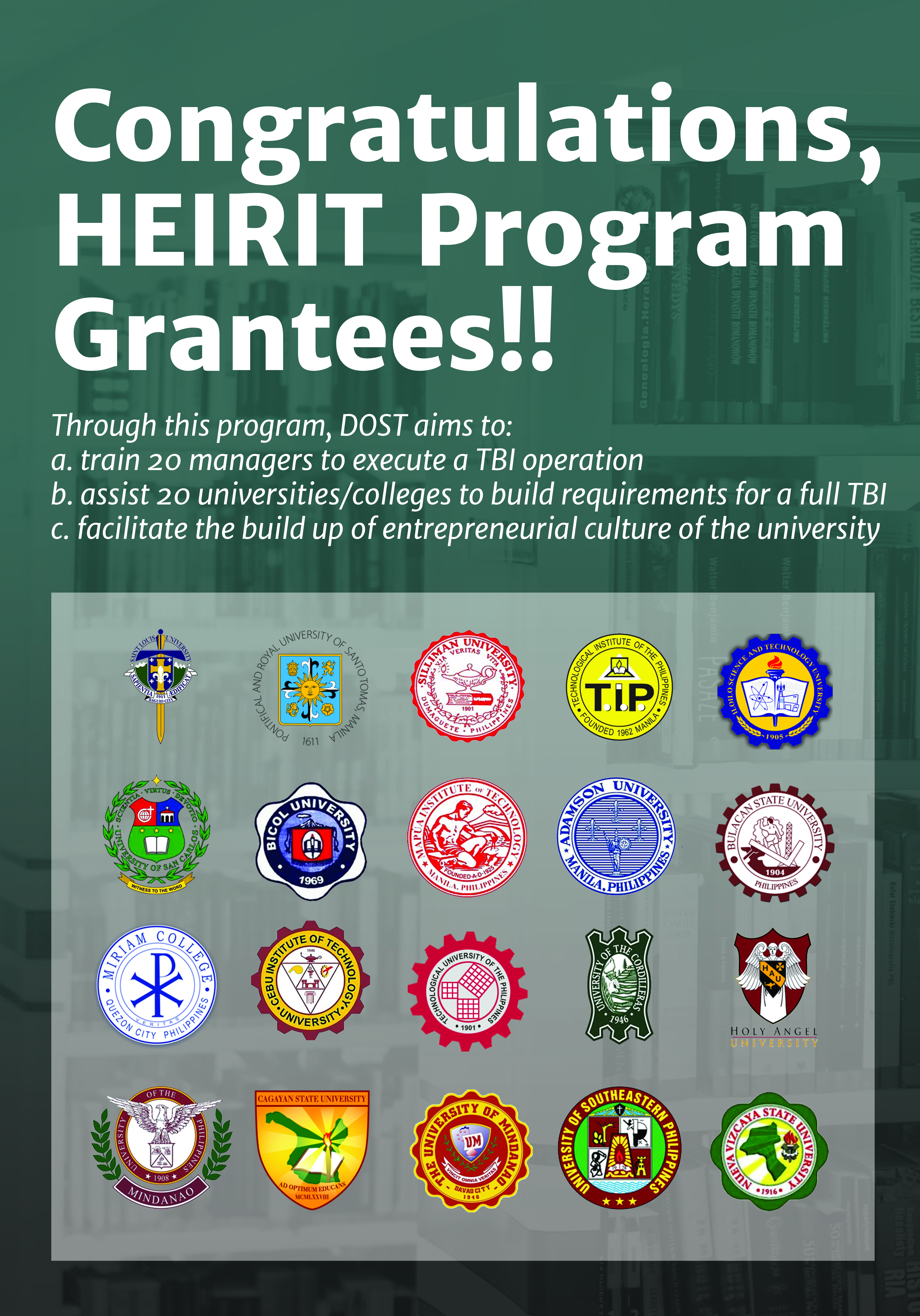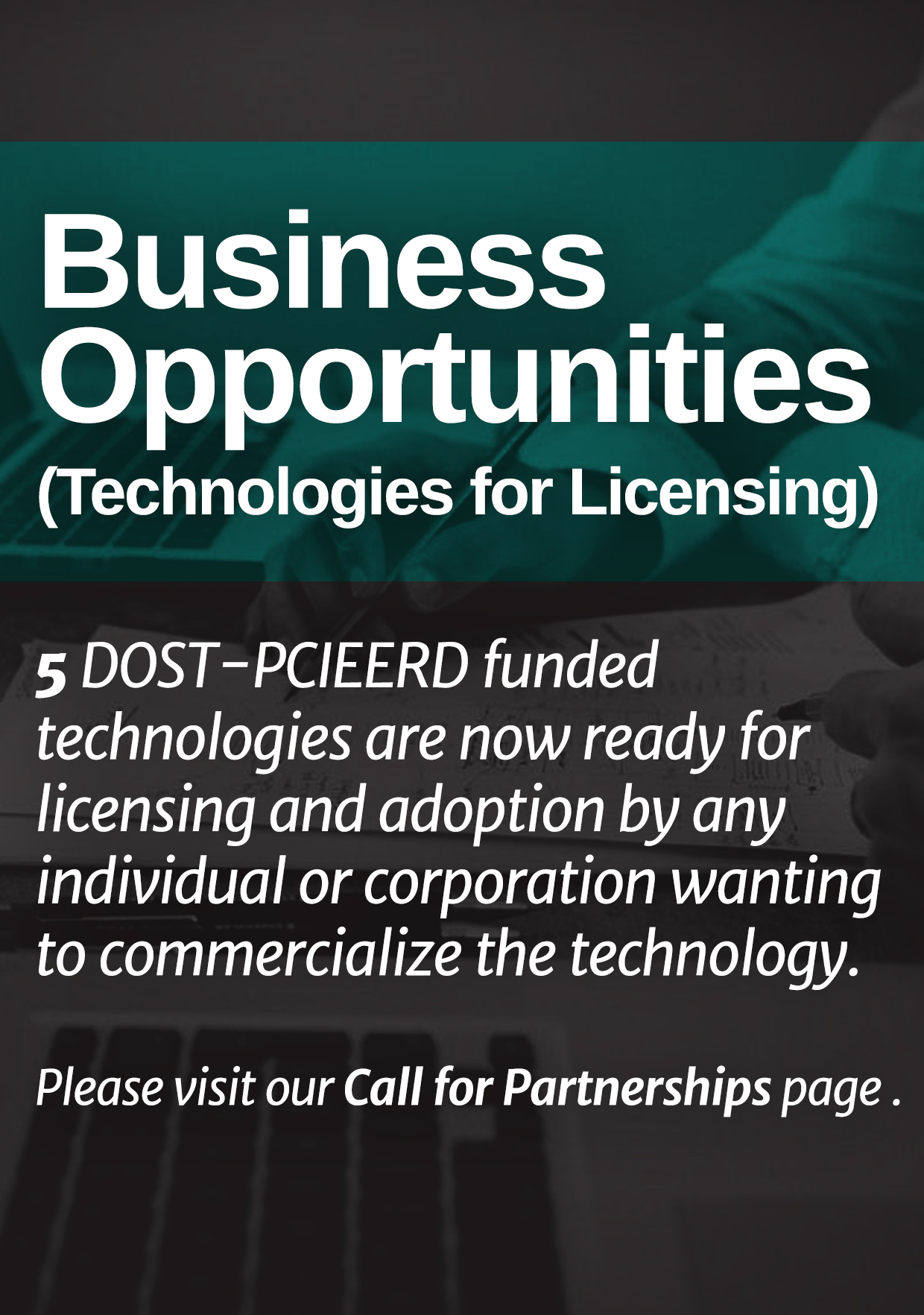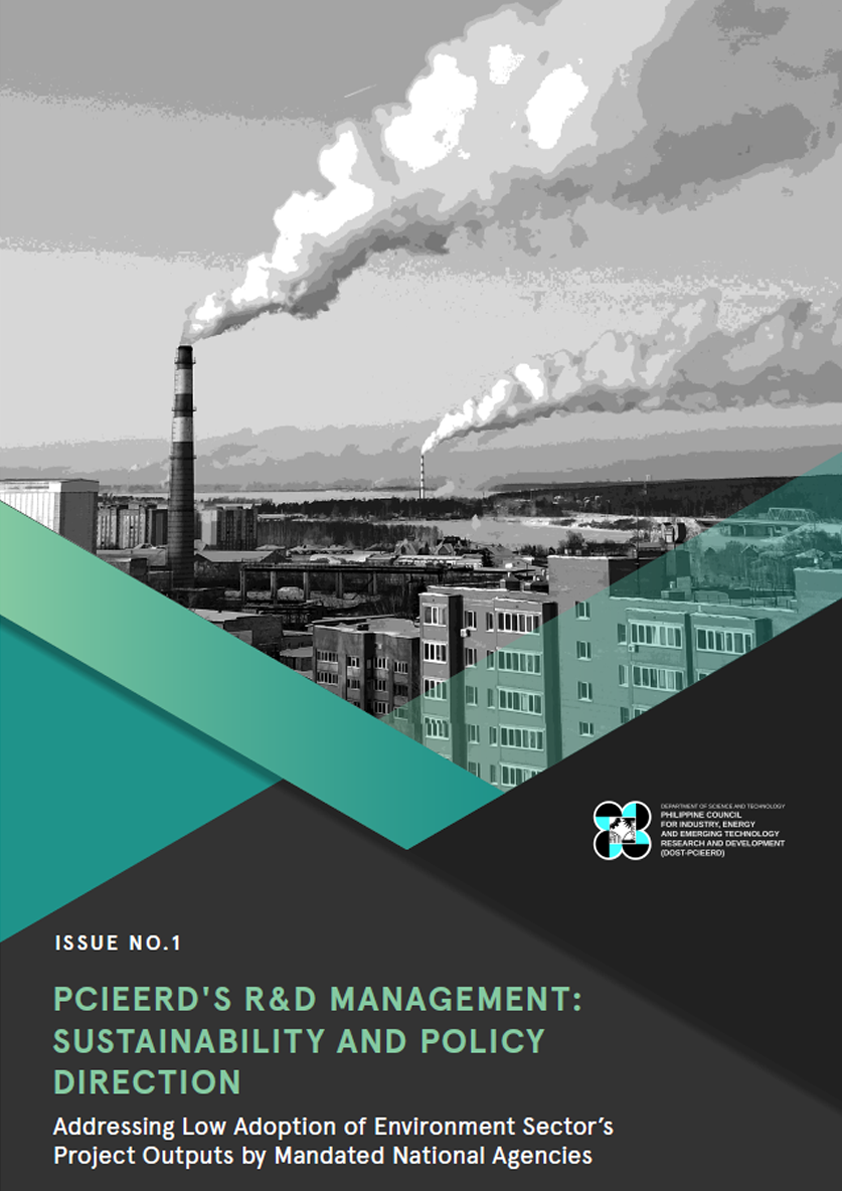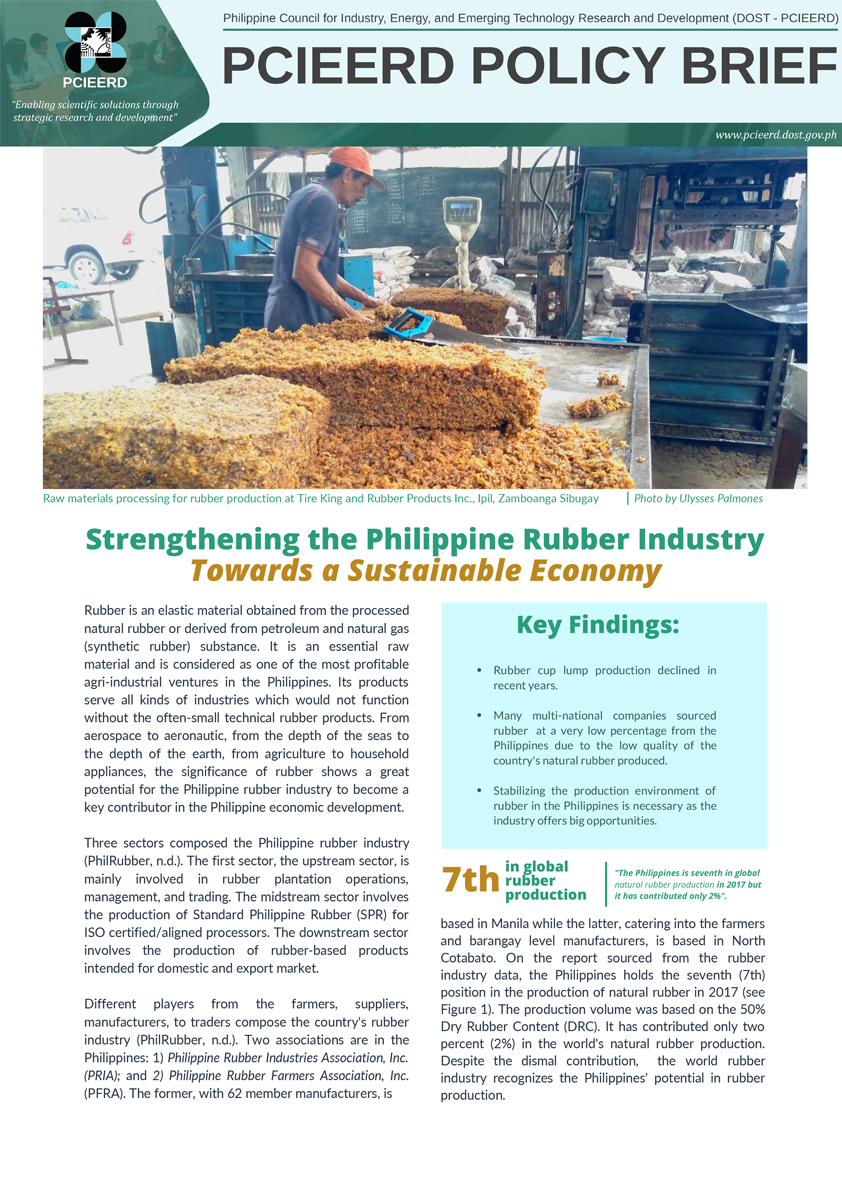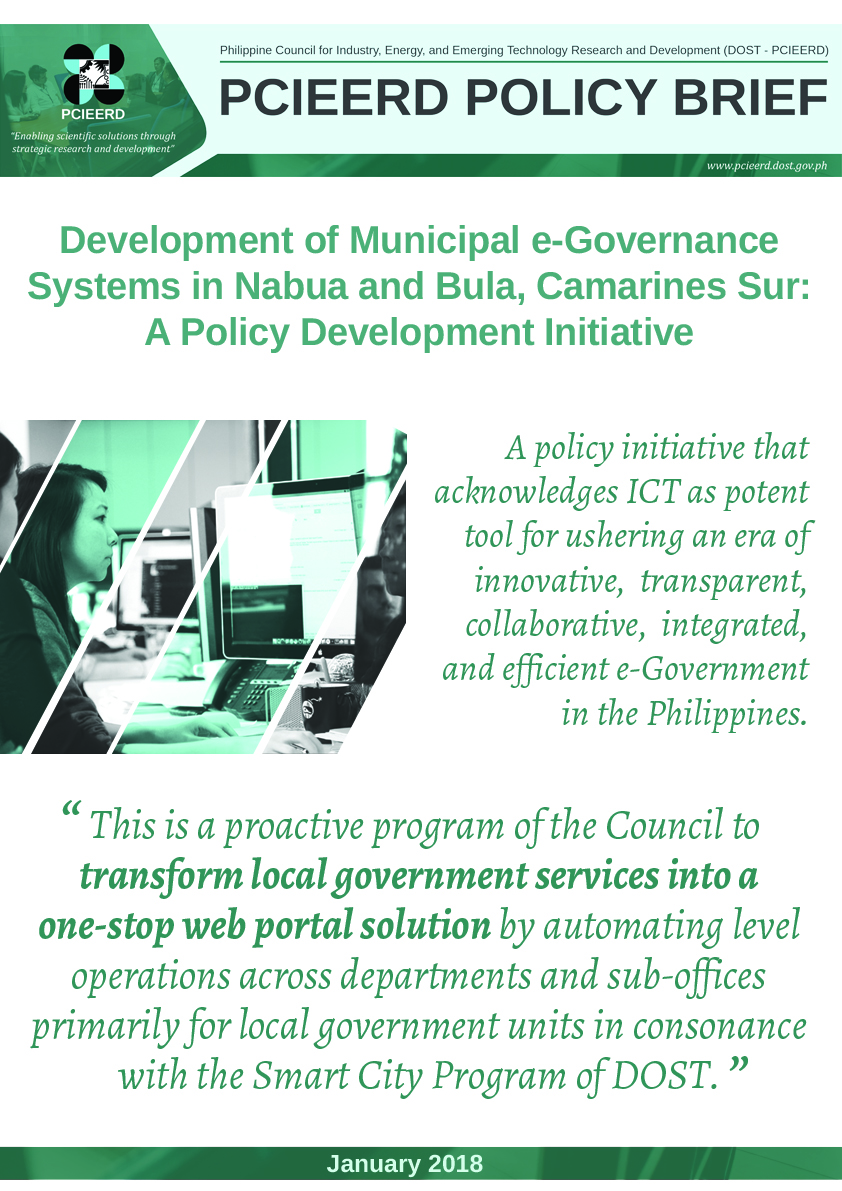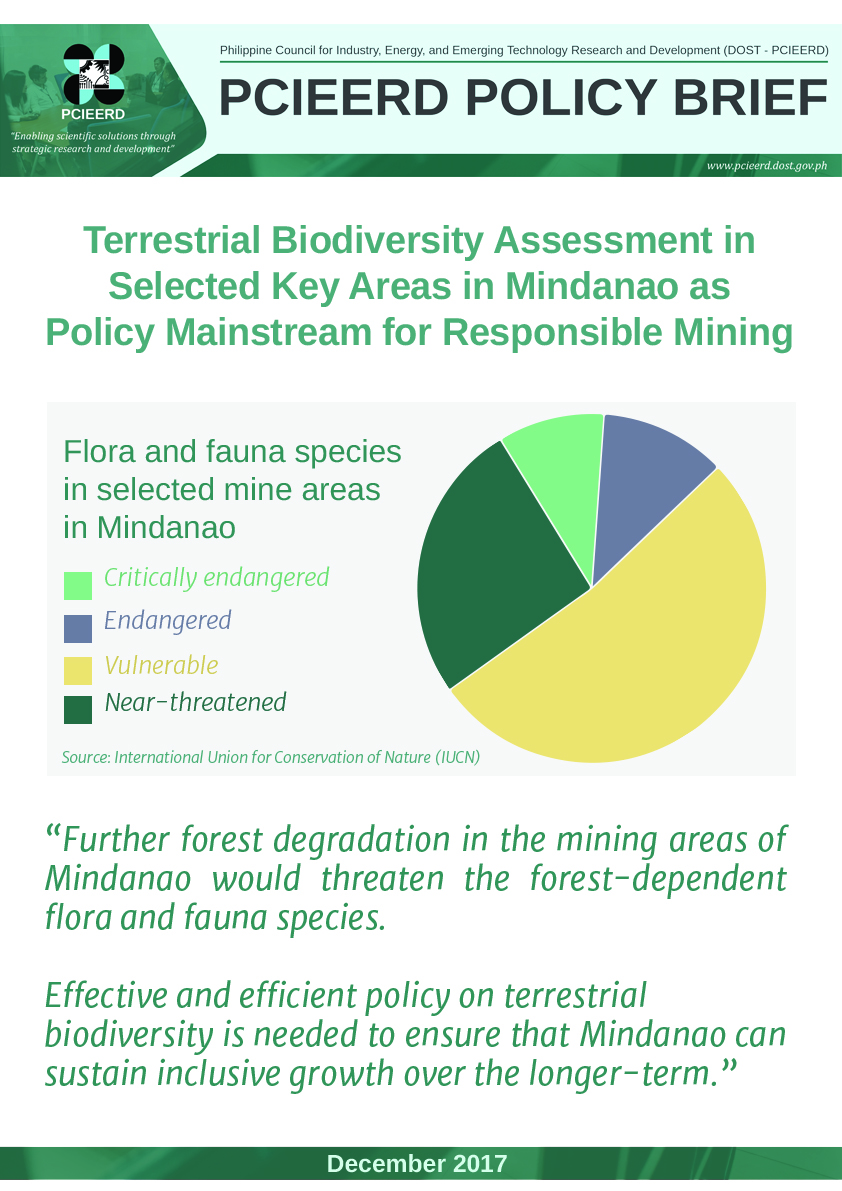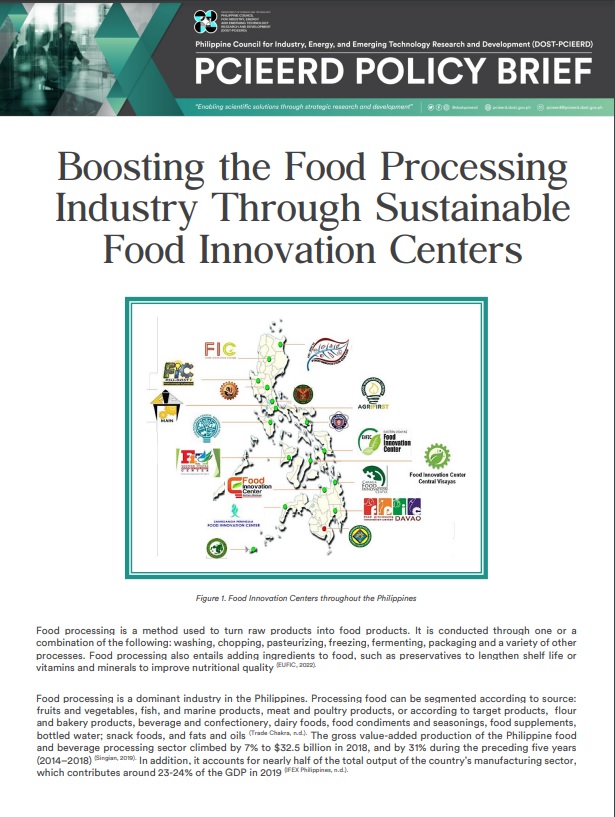| Opportunity status: | Close |
| Funders: | CALL FOR PROPOSALS FOR THE PCIEERD SPRINT Program (FOR 2023 FUNDING) |
| Co-Funders: | |
| Funding type: | Grant |
| Funding Agency: | DOST-Philippine Council for Industry, Energy and Emerging Technology (DOST-PCIEERD) |
| Opening date: | August 9, 2023 (8:00 A.M.) |
| Closing date: | August 18, 2023 (5:00 P.M.) |
| Evaluation Period: | August 21 to September 14, 2023 |
| Start of Project: | October 2023 |
| Submit through: | DOST Project Management Information System (DPMIS) |
| PDF Copy | Call Guidelines For e-Copy of Priority Areas, please refer to the link below |
OVERVIEW
The Philippine Council for Industry, Energy and Emerging Technology Research and Development (PCIEERD) is inviting qualified applicants to the Call for Proposals for SPRINT (Short-term Program for Researchers on Innovation and Technopreneurship). The SPRINT complements the council’s efforts in commercializing technologies where it aims to inspire, encourage and upskill researchers and scientists to spin-off or license their technologies which are products of their research projects funded by PCIEERD.
Technology transfer is considered a new field where researchers and scientists are inadequately trained or ill-prepared. As a result, a low number of technologies are being commercialized or transferred because researchers and scientists veer away or avoid involvement in commercialization decisions and activities. This behavior is not unique in the Philippines as researchers in academia in different countries exhibit the same behavior. According to the study of Bercovitz and Feldman, only few academic scientists commit to spin-off creation, and most tend to remain in their traditional occupational choices as full-time scientists or choose a less entrepreneurial path of knowledge commercialization, such as training, or consulting (Bercovitz and Feldman 2008; O’Kane et al. 2015; Würmseher 2017).
This is unfortunate since critical employment of tacit knowledge requires the participation of the scientist in the transfer of early-stage technologies (Shane 2004). If the researcher finds it difficult to participate in technology transfer or refuses to do so for many reasons, it was found difficult to deploy the invention in an industrial environment (Siegel et al. 2003; Stevens and Bagby 1999).
Commercialization requires a different mindset and different set of skills for a transfer to be successfully undertaken. Being an entrepreneur in an academic setting requires an entrepreneurial mind-set to identify opportunities, organize resources, and create new ventures (Mangematin et al. 2014; Murnieks et al. 2014a; O’Kane et al. 2019; Würmseher 2017).
The DOST-PCIEERD has organized workshops and short-term training programs targeting researchers for mindset transformation – from research to an entrepreneurial mindset. The past trainings organized by RITTD for researchers are:
- The Filipinnovation Entrepreneurship Corp (FEC) which is patterned after the Innovation-Corps Model run by the National Science Foundation in Silicon Valley transforming hundreds of scientists into entrepreneurs. The FEC have already trained 30 research teams which includes technology transfer officers in each team. The FEC Programme was run by the De La Salle University and have already completed 3 batches.
- PREP or Preparing Researchers as Entrepreneurs Program zeroed in on researchers of PCIEERD-funded projects and equip them with the entrepreneurial skills and knowledge to commercialize the products of their research. The Ateneo de Manila educational resources were leveraged for the success of this program and mentors from the School of Management were tapped to achieve its goals.
- Leaders in Innovation Program or LIF was a more advanced immersion and training program on business modelling, pitching and business development in partnership with the Royal Academy of Engineering, the Asian Institute of Management and the Newton Fund of the British Embassy.
- Licensing Clinic consisted of three parts: a technology licensing webinar, a licensing simulation, and licensing clinics which helps small groups of research teams in understanding licensing terms, formulating a licensing strategy, targeting markets and preparing financial projections.
This 2023 call aims to formalize all the above initiatives under one umbrella program that focuses on educating researchers and transforming their mindsets while they are still in their last year of R&D implementation or immediately at project end. This program shall complement existing technology transfer programs of RITTD such as FASTRAC (Funding Assistance for Spin-off and Translation of Research for Advancing Commercialization) where the capacity building component is under this umbrella program and shall be a prerequisite for FASTRAC in the 2024 call for proposals.
OPPORTUNITY SUMMARY
The Philippine Council for Industry, Energy, and Emerging Technology Research and Development (PCIEERD) is launching its new program anchored on its previous offerings such as the FEC, PREP, LIF and the Licensing Clinic but opens the call for other possible short-term programs for its pool of researchers.
We would like to invite qualified applicants for Part 2 of the Call for Proposals for the SPRINT (Short-term Program for Researchers on Innovation and Technopreneurship).
The program is open to all universities and academic institutions to implement short term programs with the following scope:
- Covers any but only one of the following:
- Part 2 Call for Call Opening from Aug 9- 18, 2023
1. Business Modelling and Product-Market Fit (Spin-off Track for Researchers)
a. Audience are Graduates of the Part 1: Customer Discovery Course
b. Maximum of 10 teams to include 6 members with TTO
c. Hybrid format: Three F2F Sessions and at least 10 online sessions
d. Training time: 96 hours/per participant x 60 participants
e. Maximum of 5 months per cycle (Oct – Feb)
f. Maximum grant of 5M including travel expense
g. Maximum attendees of 60 pax total
h. Topics should include but not limited to:
- IP strategy
- Reiteration of their Value proposition
- Lean Canvass
- Beach head markets and customer segments
- Performance benchmarks
- Validation through product-market fit activities
- Technology-based entrepreneurship
- Financial Projections
- FASTRAC proposal drafting.
i. Output:
- 10 technologies with Business models
- At least 5 FASTRAC Proposals
2. Business Modelling and Product-Market Fit (Licensing Track for Researchers)
a. Audience are Graduates of the Part 1: Customer Discovery Course
b. Maximum of 10 teams to include 6 members with TTO
c. Hybrid format: Three F2F Sessions and at least 10 online sessions
d. Training time: 96 hours/per participant x 60 participants
e. Maximum of 5 months per cycle (Oct – Feb)
f. Maximum grant of 5M including travel expense
g. Maximum attendees of 60 pax total
h. Topics should include but not limited to:
- Re-assessing Value proposition Statement
- Business Model Canvass
- Stakeholder Mapping
- IP position and strategy
- Preparation for Regulatory Compliance
- Understanding performance benchmarks
- Technology-based entrepreneurship
- Transforming into a Deal-making Mindset
- FASTRAC proposal drafting.
i. Output:
- 10 technologies with Letters of Intent
- At least 5 FASTRAC Lite Proposals
3. Specialized one-time short courses on technology transfer
- Researchers and Tech Transfer Officers of universities who are part of the IMPACT Program Network
- Maximum of 50 participants per batch for a total of 150 participants for three batches
- Training time: Two full days at 16 hours/per participant x 50 participants x 3 batches
- Maximum of 2 months (Oct – Nov)
- Maximum grant of 2.5 M including travel expense of Resource Person
f. Topics should include but not limited to:
- IP Ownership Defects that impede commercialization
- Evaluating Technologies for Commercialization
- Commercialization Window: The optimum time to commercialize.
- Balancing the publication objective vs commercialization objectives
- Reviewing contractual agreements
- Strategies for finding commercialization partners.
- Licensing Pathways
General requirements for proposals:
- Audience for the training program shall be:
- Researchers & Scientists with PCIEERD-funded and monitored projects.
2. Where applicable and if defined in the call, other participants shall include:
- Research assistants/ research teams
- Tech Transfer Officers
- Entrepreneur partners or Private sector partners
- University admin officials
3. Shall be implemented in a Hybrid format:
- online and face-to-face events
- orientations and graduation exercises
- Demo day events with private sector partners and investors
4. Shall onboard mentors and/or trainers external to their organization
5. Perform research team needs assessment and technology assessment.
6. Include creation of commercialization strategies as output







